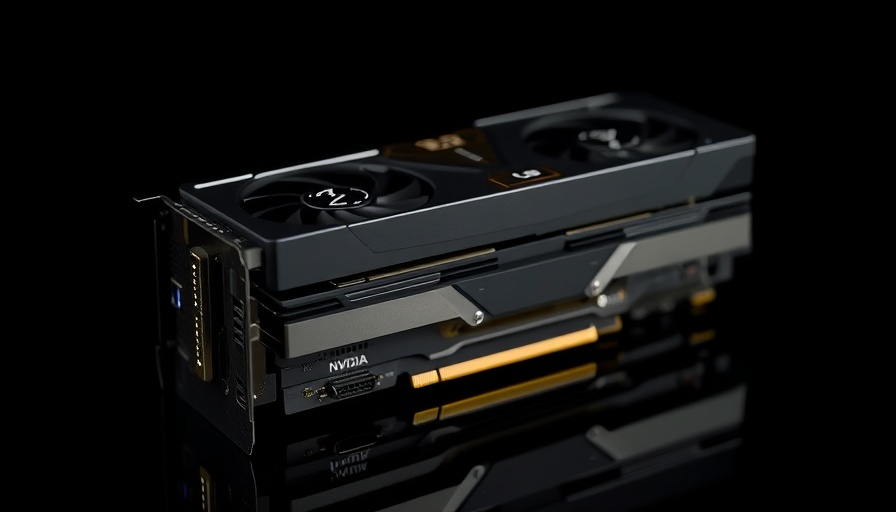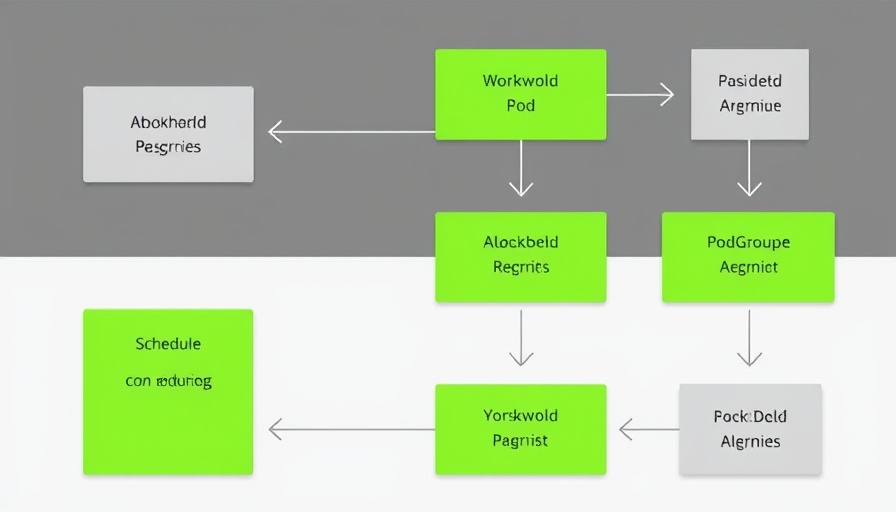
Nvidia's Battle with EU Regulators: A Fight for Fair Competition
Nvidia, a dominant force in the AI and semiconductor industries, is currently in a legal tussle with the European Union. The company has filed a lawsuit challenging the EU's investigation into its acquisition of Israeli startup Run:ai, a company known for its innovative AI workload management software. This acquisition, completed in December 2024 for $700 million, aims to enhance Nvidia's capabilities in managing GPU resources efficiently. However, the EU antitrust regulators have raised concerns, leading to a legal confrontation that could have major implications for the tech giant and the future of AI innovation in Europe.
Understanding the Investigative Framework
The heart of Nvidia's legal challenge lies in the European Commission's invocation of Article 22, a seldom-used regulation allowing scrutiny of mergers that do not meet the standard revenue thresholds. Nvidia argues that the Commission's acceptance of Italy's request to investigate their acquisition was improper and constituted regulatory overreach. Recent rulings have stated that the Commission should not take referrals from national regulators unless those regulators have the legal authority to assess the mergers under their own laws.
The Stakes: Future of AI Mergers in Europe
While Nvidia's lawsuit may not directly affect the Run:ai acquisition, a favorable ruling could redefine the EU's approach to mergers in the tech sector. The outcome could either reinforce the Commission’s stringent scrutiny of tech mergers, often dubbed “killer acquisitions,” or limit its capacity to intervene in future deals. This distinction is crucial for companies operating in the rapidly evolving AI landscape, as many view such interventions as barriers to innovation. An environment where large companies can acquire startups without excessive regulatory burden might lead to heightened investment and expansion in the sector.
Regulatory Overreach? The Debate on Competition Policies
The crux of Nvidia's argument centers on claims of regulatory overreach by the European Commission, alleging that their actions infringe upon the principles of legal certainty and proportionality. This sentiment is shared by various industry stakeholders who warn that rigorous scrutiny may stifle innovation at a time when technological advancements are accelerating faster than ever. The narrative surrounding “killer acquisitions” has increasingly fueled concerns about competition, but companies argue against a sweeping regulatory approach that may undermine beneficial mergers.
What Could This Mean for AI Enthusiasts?
For AI enthusiasts, the implications of this case go beyond corporate maneuvering—it speaks to the very heart of innovation in a competitive landscape. The regulatory environment significantly influences investment decisions, research endeavors, and the pace of development across the tech space. Should Nvidia succeed, it could create a more favorable backdrop for mergers and acquisitions in the tech sector, fostering an ecosystem where businesses can flourish without the shackles of overzealous regulation.
Conclusion: A Reflection on the Future of AI and Regulation
The legal battle between Nvidia and EU regulators is emblematic of a broader discussion on how to cultivate innovation while ensuring fair competition in rapidly advancing industries. As regulatory frameworks evolve, stakeholders must strike a balance that encourages growth while preventing monopolistic practices. For AI enthusiasts and tech advocates, this case serves as a critical reminder of the intertwining relationship between law, competition, and innovation.
 Add Row
Add Row  Add
Add 




 Add Row
Add Row  Add
Add 

Write A Comment